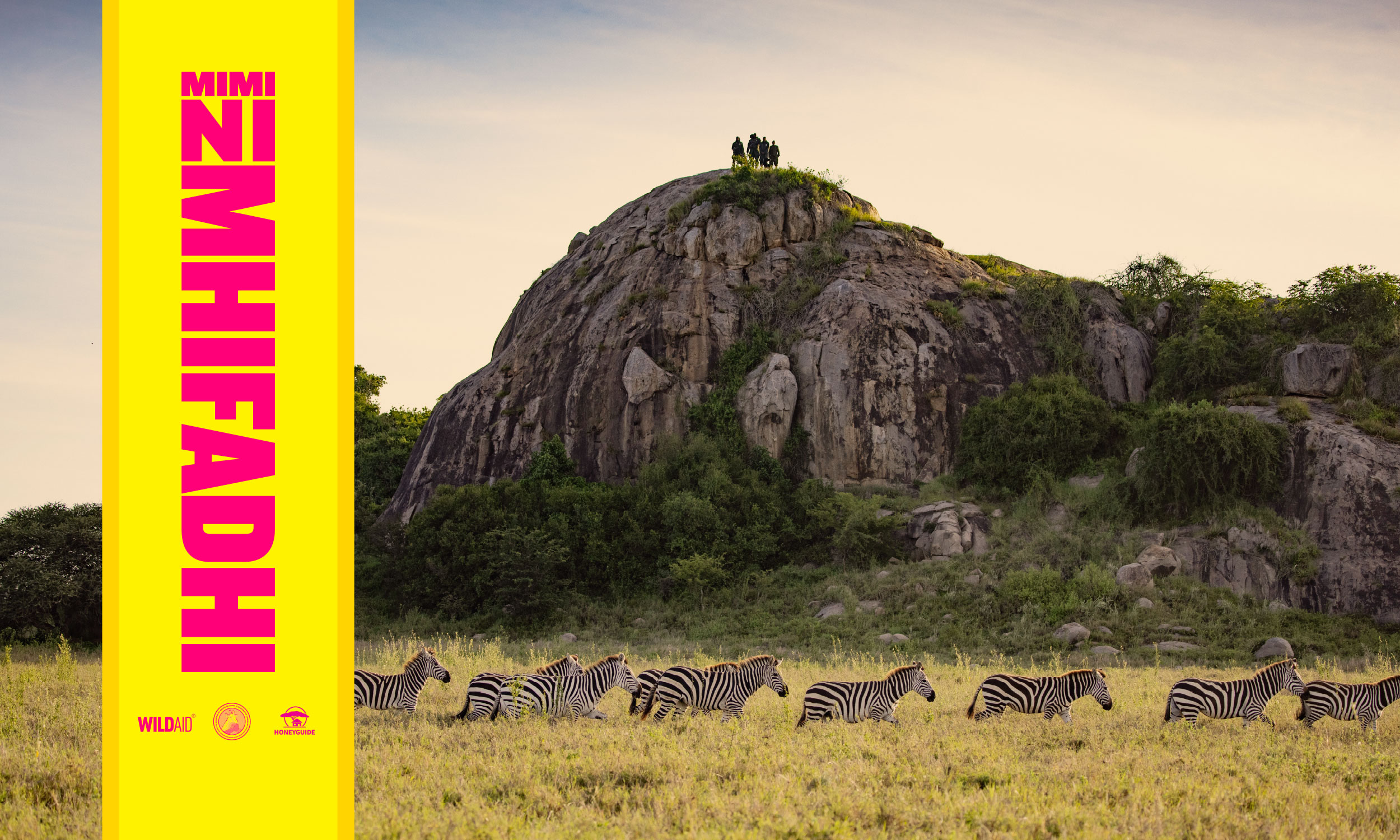Well-known and everyday Tanzanians united to emphasise the vital benefits of nature and the importance of collective conservation efforts. At an event in Dar es Salaam they underscored that regardless of who we are or where we come from, we all share a connection to nature and it is in our best interests to care for it.
Singer and TV personality Nakaaya Sumari, popular music duo Navy Kenzo, and Tanzania’s newly appointed head of the World Health Organization Africa region, Professor Mohamed Janabi, are all lending their voices in support of nature. Complemented by Tanzanians from diverse backgrounds, we are reminded of the deep national and personal bonds we all have to nature and the multitude of positive services it provides - from beauty and inspiration, to jobs and health.
Speaking to an audience gathered at TBC studios, Sumari noted that nature is Tanzania, and that nature is for everyone. She urged everyone to spend a day in nature with their family or friends, appreciating it and reflecting on what it means to them. Other ways of being a conservationist suggested by Nakaaya are to not eat unregulated wild meat, to not throw plastic waste where it shouldn’t go, or to think twice before cutting down plants or trees.
Hassan Sengo, a boda boda rider who features in two new short videos that will be played widely on TBC and across social media, stood up to say that he benefits from nature daily, as his boda boda stage is under a neem tree that provides shade. Hassan highlighted that no matter what a person’s profession, whether they live in the village or the city, nature provides something for us all.
Also featuring in the new videos are popular music duo Navy Kenzo. “We find inspiration for our songs from nature,” said the singers. “It is valuable, and as Tanzanians, our cultural identity, national development, and future prospects depend heavily on using nature sustainably, and therefore we must all be conservationists. We are conservationists!”
Tanzania and nature are intrinsically linked. Much of our origin and culture comes from the natural environment, and we have a long history of coexisting sustainably with nature. Nature provides resources for our way of life and our remarkable landscapes, and provides our fertile soils and clean oceans. Tanzania is home to the largest wild lion population in the world and the second largest population of elephants, and we derive about 18% of our GDP and 1.5 million jobs every year from tourism, which is strongly driven by tourism. In rural areas, income from tourism flows directly to communities to finance schools, health centres and infrastructure.
The overwhelming message is: if you are a Tanzanian, you have a connection to nature, you can play your own role in protecting it. The I am a Conservationist initiative aims to foster a sense of shared responsibility, and inspire all Tanzanians to identify as conservationists. It is a reminder that conserving our environment benefits our daily lives and wellbeing, as well as those of future generations.
In a coffee shop in Dar es Salaam, waitress Neema Mduma was asked what nature means to her. “Happiness,” she replied.

The campaign is backed by the Community Wildlife Management Areas Consortium (CWMAC), Honeyguide Foundation and WildAid and is supported by Tanzania Broadcasting Corporation and Safari Channel.


